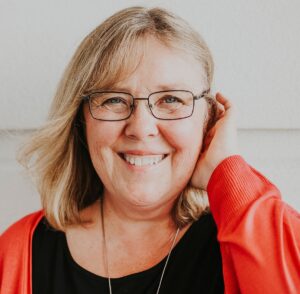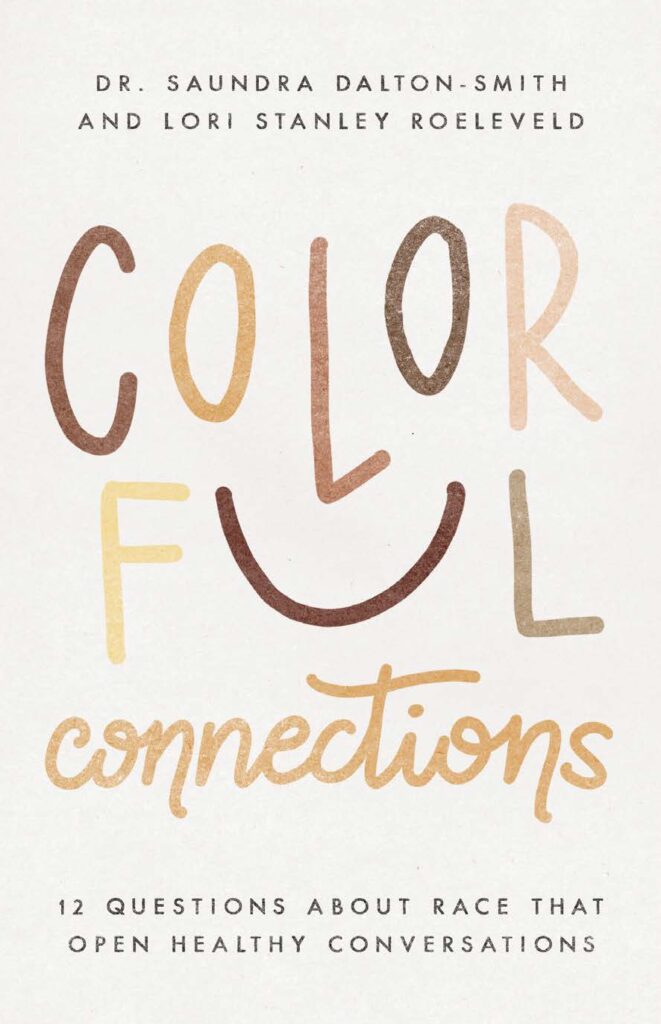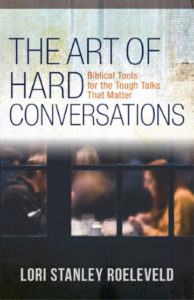Smite Me, O Mighty Smiter (Or How to Encourage the Afflicted)
Anna Karenina opens with this line: “Happy families are all alike; every unhappy family is unhappy in its own way.”
That’s a poetic way of observing that pain is isolating.
God grants each human both a shared life experience and yet one that is unique from all others. The times into which we are born, the circumstances, gifting, talents, personality, experiences, choices – all contribute to give each of us a singular voice different from all others and yet the same.
Some have a deep experience of suffering.
It’s important for us to listen to one another with open hearts, respecting the story the other has to tell, particularly about life in Christ. Or our separate stories will divide us rather than broaden our understanding.
Our experience of God in all of life’s varied circumstances contribute to our knowledge of Him. He is unfathomably dimensional so it’s vital that we don’t try to flatten Him and fit our understanding of Him into a single shipping rate box for mass mailing to the world.
The believer blessed with health, financial success, and freedom has a voice. But so does the believer whose life is marked with suffering and nothing that resembles worldly happiness.
The writer of Psalm 46 says, “God is our refuge and strength, an ever-present help in trouble.”While in Psalm 10, David writes, “1 Why, LORD, do you stand far off? Why do you hide yourself in times of trouble?”
The apostle John writes about God’s love, “God is love. Whoever lives in love lives in God, and God in them. 17 This is how love is made complete among us so that we will have confidence on the day of judgment: In this world we are like Jesus. 18 There is no fear in love. But perfect love drives out fear, because fear has to do with punishment. The one who fears is not made perfect in love.”
But the prophet Jeremiah writes from his anguish and suffering about his experience of God, “1I am the man who has seen affliction by the rod of the LORD’s wrath. 2 He has driven me away and made me walk
in darkness rather than light; 3 indeed, he has turned his hand against me again and again, all day long. 4 He has made my skin and my flesh grow old and has broken my bones. 5 He has besieged me and surrounded me with bitterness and hardship. 6 He has made me dwell in darkness like those long dead. 7 He has walled me in so I cannot escape; he has weighed me down with chains.8 Even when I call out or cry for help, he shuts out my prayer. 9 He has barred my way with blocks of stone; he has made my paths crooked. 10 Like a bear lying in wait, like a lion in hiding, 11 he dragged me from the path and mangled me and left me without help. 12 He drew his bow and made me the target for his arrows.” Lamentations 3
Pity the small group leader who had both these followers of God show up for Bible study on the same night, right?
Jeremiah, the weeping prophet, expressed his unhappiness with life and with God frequently, transparently and with passion. If he showed up in many of our small groups, we’d be tempted to tell him to “buck up,” that God was “refining him”, or “perhaps God hadn’t moved away from him,he had moved away from God.”
Jeremiah would reply, “Haven’t you been listening?”
Believers who suffer know God in a way that those who escape great suffering do not. Believers who are spared great suffering know God in a way that those who suffer do not. We must listen.
When a brother or sister in Christ says words like those of Jeremiah, “16 He has broken my teeth with gravel; he has trampled me in the dust. 7 I have been deprived of peace; I have forgotten what prosperity is. 18 So I say, “My splendor is gone and all that I had hoped from the LORD.” Don’t be quick to speak. First, listen.
Because Jeremiah also said this in the midst of his deep pain, “21 Yet this I call to mind and therefore I have hope: 22 Because of the LORD’s great love we are not consumed, for his compassions never fail.23 They are new every morning; great is your faithfulness. 24 I say to myself, “The LORD is my portion; therefore I will wait for him.”
I believe that it’s risky to encourage other believers with the hope that God will change their circumstances. Corrie ten Boom was delivered from Nazi concentration camps but her sister died there. I have a friend who was delivered from Haiti but there are those loved by God who will live out their lives there in poverty, struggling to survive each day. Jesus raised Lazarus from the dead but John the Baptist lost his head.
The truth is, that on this side of heaven, it doesn’t always work out the way we hope. So our encouragement cannot come from a change of circumstance.
Let us encourage one another, instead, to invite God into whatever circumstances He writes into our stories. Let us encourage one another to walk with God through plenty and through suffering. Let us listen to one another, be slow to speak to each other’s experiences but quick to listen and learn.
Let us encourage one another that God loves and works and affirms through His relationship with us, through His Word and through our growth and maturity – not necessarily through happy endings.
If you live with plenty and few troubles, be blessed and bless others with what you’ve been given and what you know of God.
If you live with trouble and suffering and affliction, be blessed and bless others with what you’ve been given and what know of God.
Pain is isolating but the body of Christ has the power to be a bridge over pain from heart to heart. Exercise that power for the glory of God with mouths shut but ears and hearts wide-open.














The Conversation
Thanks Lori, I needed to be reminded of this today. Think I’ll make a copy and put it in my Bible. God bless!
God’s blessings on you, Karin. May God bless you and make His presence felt in your days.
Wonderful article.. develops unity through harmony.. Amen.